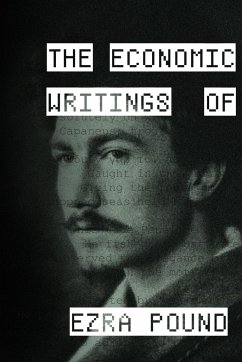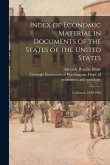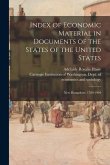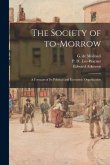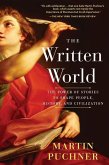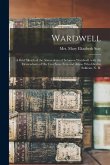Although many have tried to erase him from memory, Ezra Pound still stands with Mark Twain, Herman Melville, and Nathaniel Hawthorne as one of the great American writers, and most will still admit that he is America's greatest poet. He's famous for not only defining the modernist poetry movement with works such as Ripostes, Hugh Selwyn Mauberley, and The Cantos; but also for mentoring and promoting many of the twentieth century's most important writers including T.S. Elliot, Robert Frost, William Butler Yeats, Ernest Hemingway, James Joyce, and D.H. Lawrence. On the other hand, Pound is also famous (or rather, infamous) for a series of pro-Fascist radio broadcasts made in Italy during World War II. After the war, Pound was arrested for treason and held for six months at a detention center outside Pisa. However, after he was flown back to America the US government shied away from trying Pound in court, instead choosing to lock him up in St. Elizabeth's Hospital for mental illness - even after he had been found fit to stand trial in Italy. According to literary scholar Hugh Kenner, the reason for Pound's being committed was to "prevent the ideas expressed in his broadcasts from being inspected" by the public at large. In short, they were likely worried that the public might hear something that they agree with. Contained in these pages are very likely some of the opinions and knowledge that they didn't want you to hear. Pound's distaste for the war and his admiration of Fascism largely stemmed from his exploration of the topic of economics. In particular Pound saw the Fascist model's ability to subordinate money to the interests of society as superior to the English and American models which allowed the power of bankers to run unfettered. In What is Money For?, Ezra Pound even touted Fascism as the only system whose "surgeon's knife" can cut the "cancer of usury out of the life of the nations." Although quotes like this were enough for many to label him a "genuine Fascist", Pound was not an idealogue. He was actually against promoting Italian-style Fascism in America. This is not to say that I "advocate" Fascism in and for America, or that I think that Fascism is possible in America without Mussolini. Pound believed that a country could take inspiration from the successes of other nations, but that there "may be several economic solutions to any problem," and that 1930s America was not suited for an Italian-style government.
Hinweis: Dieser Artikel kann nur an eine deutsche Lieferadresse ausgeliefert werden.
Hinweis: Dieser Artikel kann nur an eine deutsche Lieferadresse ausgeliefert werden.

